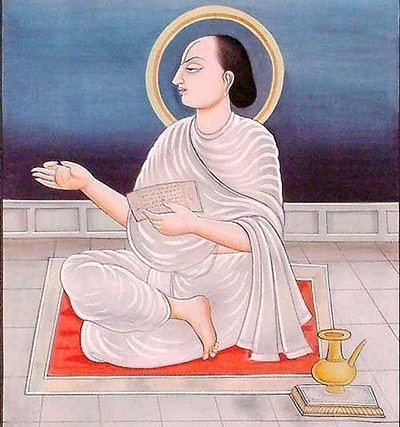Chhattisgarh Switch to Hindi
NCB's Zonal Office in Chhattisgarh
Why in News?
Recently, the Union Home Minister inaugurated the zonal office of the Narcotics Control Bureau (NCB) in Chhattisgarh's Raipur.
Key Points
- During his visit he also chaired meetings on the scenario of narcotics substances, the Left Wing Extremism (LWE) situation and inter-state coordination on Naxalism in Chhattisgarh.
- Narcotics Control Bureau:
- It was constituted by the Government of India in 1986 under the Narcotic Drugs and Psychotropic Substances Act, 1985.
- It is the apex coordinating agency under the Ministry of Home Affairs.
- The National Policy on Narcotic Drugs and Psychotropic Substances is based on Article 47 of the Indian Constitution which directs the State to endeavour to bring about prohibition of the consumption, except for medicinal purposes, of intoxicating drugs injurious to health.
The Narcotic Drugs and Psychotropic Substances (NDPS) Act, 1985
- It prohibits a person from producing, possessing, selling, purchasing, transporting, storing, and/or consuming any narcotic drug or psychotropic substance.
- The National Fund for Control of Drug Abuse was also created under a provision of the NDPS Act, 1985, to meet the expenditure incurred in the implementation of the Act.
Chhattisgarh Switch to Hindi
Union Minister Visits Vallabhacharya Ashram
Why in News?
Recently, the Union Home Minister offered prayers at Mahaprabhu Vallabhacharya Ashram in Champaran town of Chhattisgarh’s Raipur district.
Key Points
- The Union Minister visited Chhattisgarh for security and development meetings in Naxalite-affected areas.
- Mahaprabhu Vallabhacharya:
- Vallabhacharya was a revered figure who had a deep command over the Vedas and Upanishads. He was known by the titles Vallabha and Mahaprabhu Vallabhacharya.
- He founded the philosophy of Shuddha Advaita or pure non-dualism. He also founded the Pushti sect of Vaishnavism, a Krishna-centric cult in the Braj region of India.
- He also established the Jagadguru Acharya and the Guru of the Pushti Marg bhakti school after developing his own interpretation of the Vedanta philosophy.
- He was born in the year 1479 AD in Champaran town of Chhattisgarh’s Raipur district.
Vedas and Upanishads
- Vedas:
- There are four Vedas: Rig Veda, Yajur Veda, Sama Veda, and Atharva Veda.
- The word "Veda" comes from the root "vid," which means "spiritual knowledge" or "subject of knowledge".
- The Vedas were written by Vedic poets and seers called rishis, who used Sanskrit poetry to describe cosmic mysteries.
- Upanishads:
- Also called Vedantas, these are the source of Indian philosophy and are usually counted at 108, though there are more than 200 known.
- The word "Upanishads" means "to sit down near (the teacher)," and teachers would often pass them down verbally to their students in the forest.
- The ten main Upanishads are Isha, Kena, Katha, Prashan, Mundaka, Mandukya, Tattiriya, Aitareya, Chhandogya, and Brihadaranyaka.




%20MPPCS%202025%20Desktop%20E.jpg)
%20MPPCS%202025%20Mobile%20E%20(1).jpg)






.png)
.png)











 PCS Parikshan
PCS Parikshan


